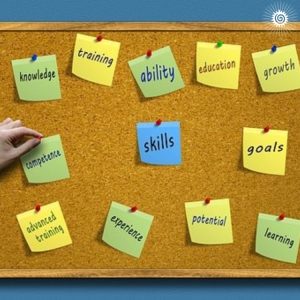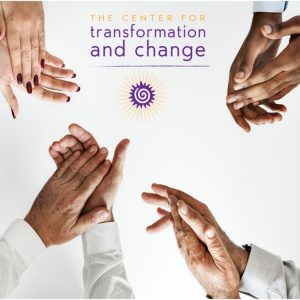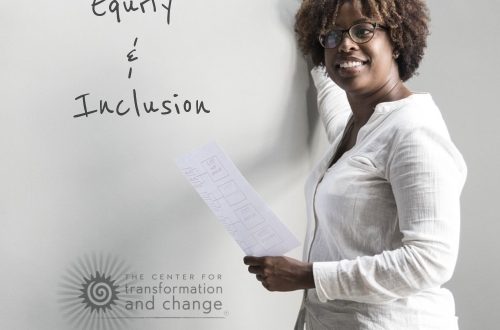Professional Development Is a Must, Not an Option
Creating greater inclusion and equity in your workplace is a top priority.
You’ve outlined goals, formed guidelines for diversity practices, met with members of your organization, and shared with them the tools they need to create meaningful, sustainable change.
Continuing Professional Development is Essential
Feeling pretty good, right?
It’s great – for a first step.
Continuing professional development is a MUST.
You must continue to expand your capacity to serve – to deepen and develop the strategies needed to help your organization move forward together to create an inclusive, socially just organization for all members and for those you serve.
You can’t drop the ball in the first inning. You’ve got home plate covered and now you need to focus on all bases.
Keep the Inclusion Momentum Going
You’ve set your diversity and inclusion guidelines in place…and perhaps moved along to other organizational tasks that need your attention.
But the inclusion knowledge and strategies you shared at one organizational meeting are probably mostly forgotten by now. And what about new members that have come on board since?
Continuing professional education has proven benefits, not only individually, but for all levels in the organization. The University of Cambridge cites that for individuals, professional development:
- Evolves new skills, even strengthening existing skills by applying them in different areas
- Helps to foster a network with colleagues
- Realizes objectives in a specific timeframe
 In The Impact of Professional Development by BetterBuys, research proved continuing professional development is a win-win situation in an organization. A few highlights of the study showed:
In The Impact of Professional Development by BetterBuys, research proved continuing professional development is a win-win situation in an organization. A few highlights of the study showed:
- Employees involved in professional development are 15% more engaged
- A 34% higher retention rate for employees is reported with professional development opportunities
- An overwhelming number of employees – 92% – think having access to professional development is important
An Investment in Knowledge Always Pays the Best Interest
Ben Franklin coined that phrase – and history has proven him correct.
The Association for Talent Development (ATD) reports:
- Companies offering broad programs have a whopping 218% higher income per employee that those that do not offer any regular training and
- Realize a 24% higher profit margin compared to companies who spend less on training
Diversity Training Needs To Be Part of Continuing Professional Development
A study conducted by a team from the USA and Australia offer some interesting points on diversity training:
- The longer the training, the more powerful are the results
- The results will be longer lasting when coupled with other diversity-related efforts
- Training focused on both awareness and skill-building tends to be most effective
Their study further revealed that immediately after training, new knowledge is gleaned and some behaviors are changed. Over time however, new knowledge is retained – but old behaviors can resurface. That’s why we need to develop the internal infrastructures for the consistent, persistent reinforcement of these critical skills at all levels of the organization.
While employees may not like mandatory, consistent training, they’re more likely to change their behaviors as a result. Trainings plus ongoing coaching and support is the key!
Go For the Home Run with Professional Development
As agents for change and social justice, we are focused on the quality of our leadership and committed to developing it.
The world cannot afford to wait. YOU can be the internal catalyst for meaningful AND sustainable organizational change.
But this isn’t just about you. You know that.
It’s not about accelerating your professional development or putting your career on the fast track to success – the emphasis is on a much larger scale: creating a more inclusive, socially just organization…and world.
And that philosophy is the very foundation of my groundbreaking Master Class for Inclusion Practitioners. This intense 12-week experience has been designed to help develop the internal capacity of organizations so that they have the internal resources they need to partner with senior leaders to create more meaningful, sustainable change. Learn more here.





